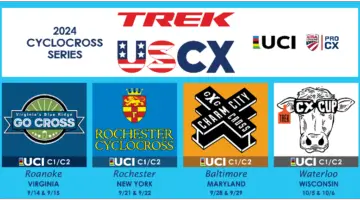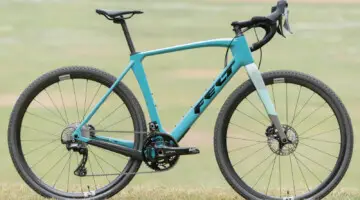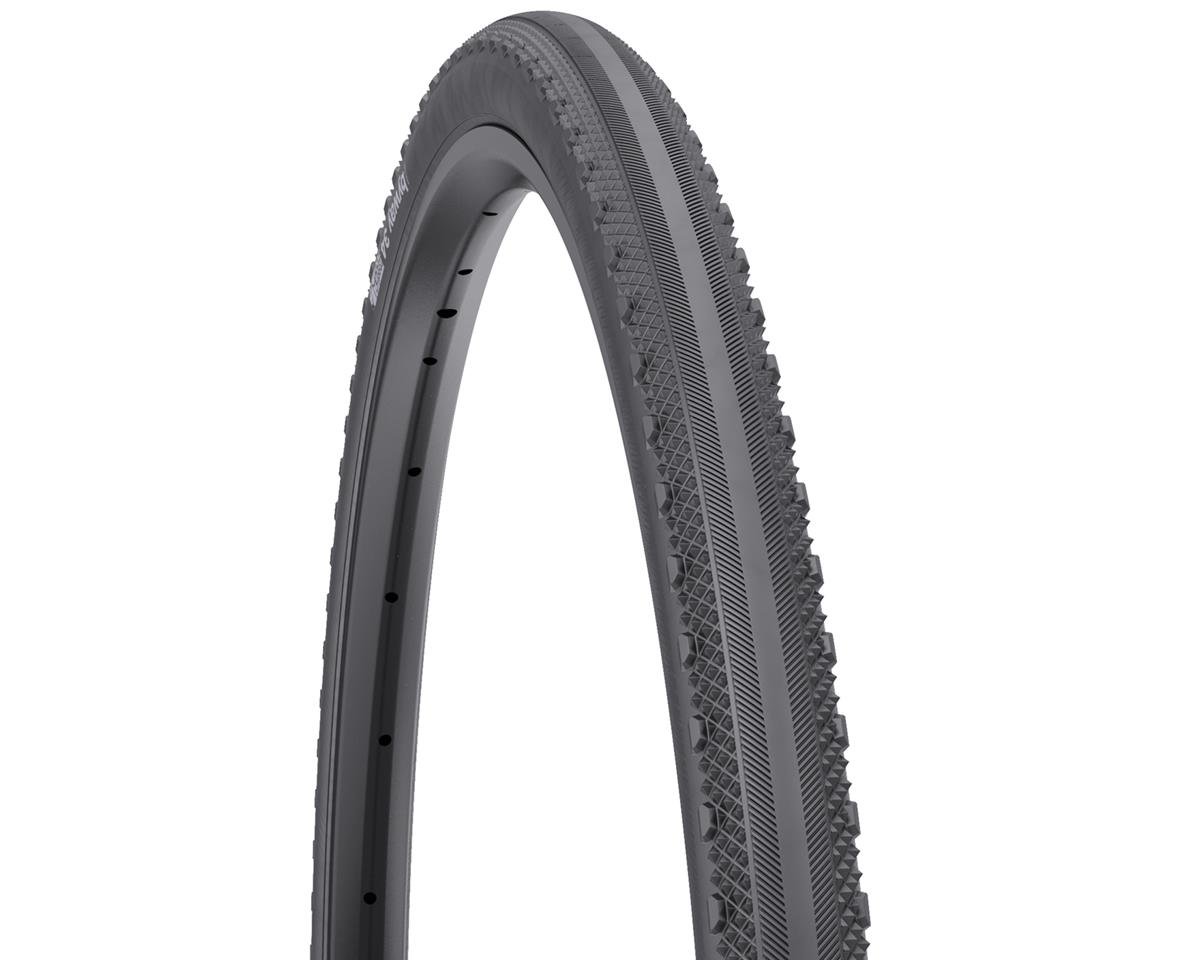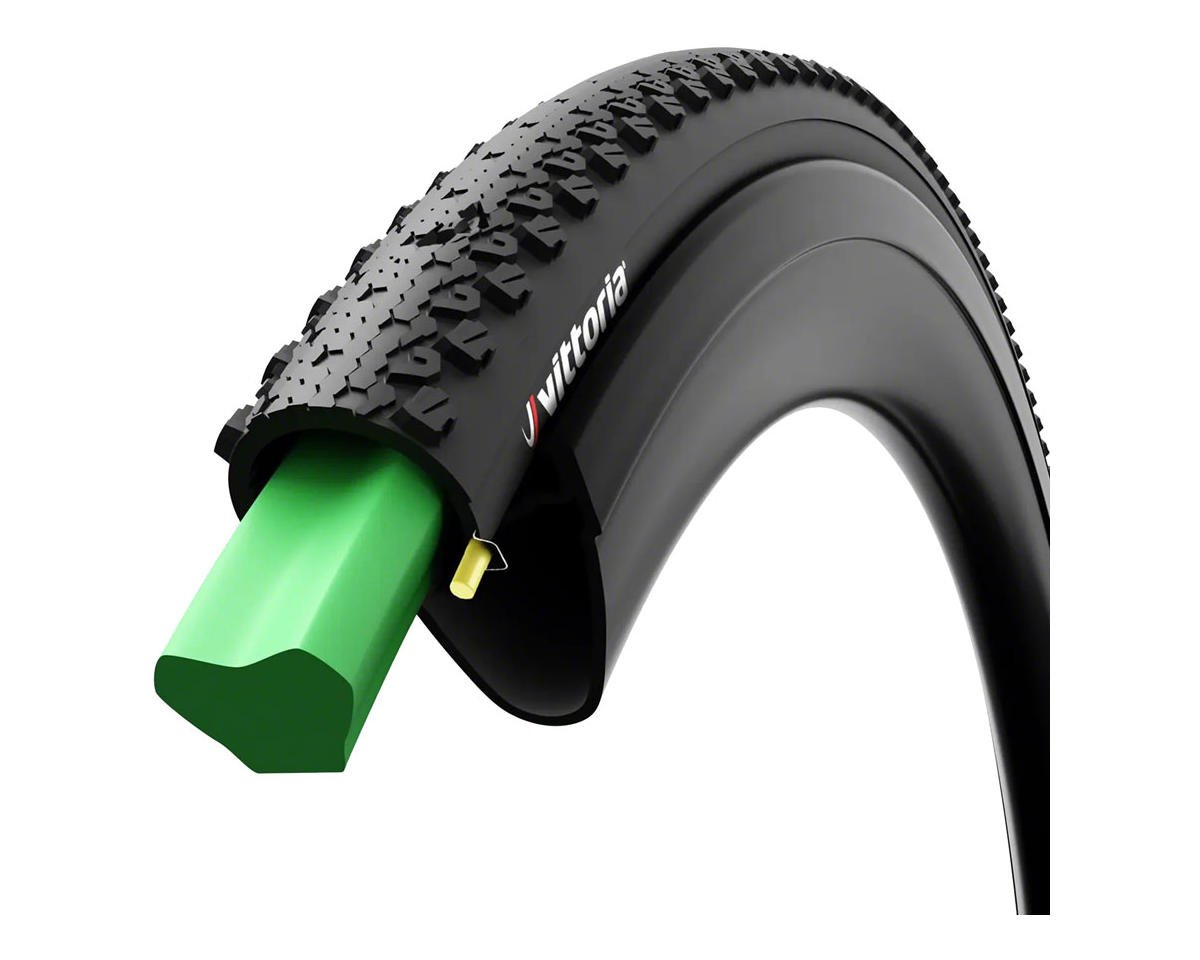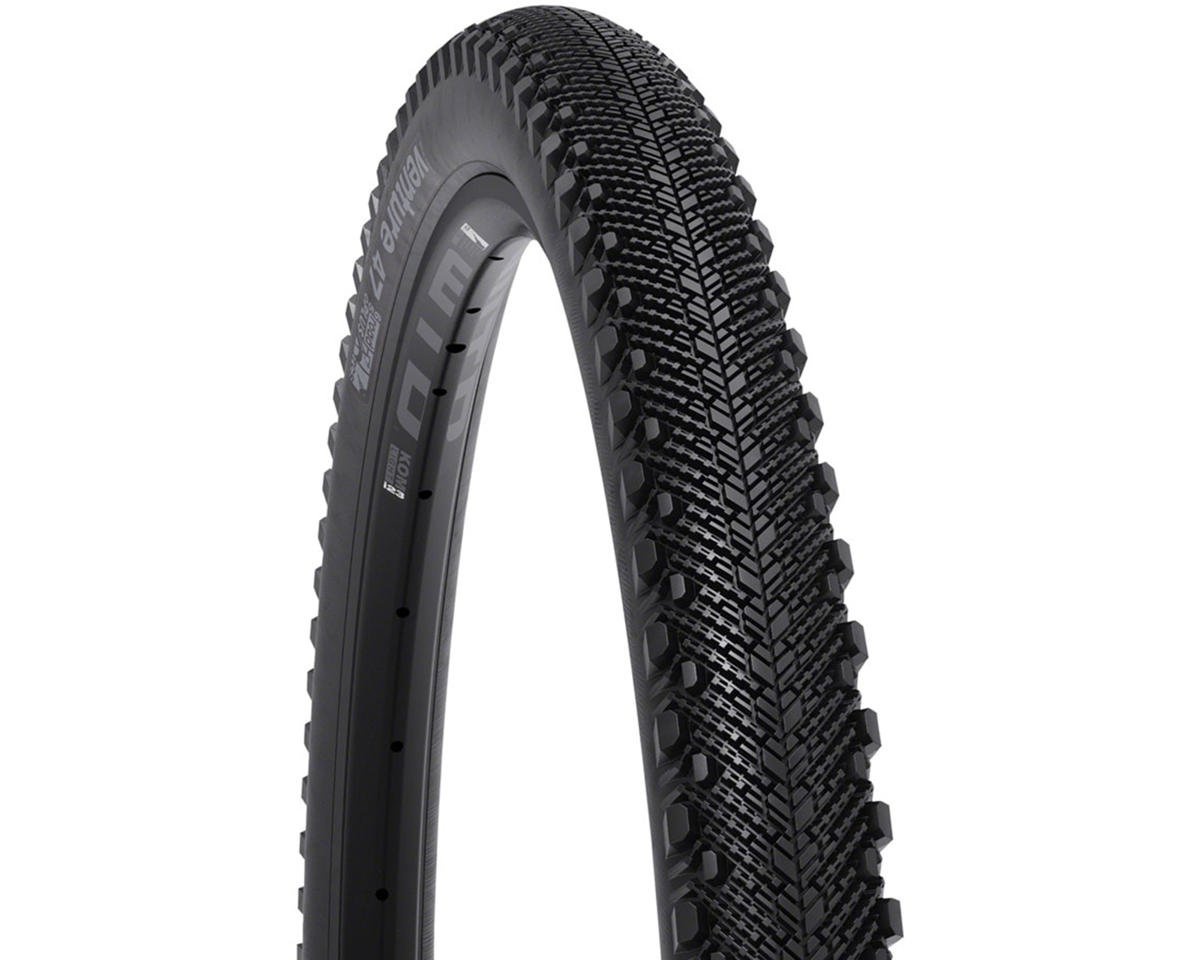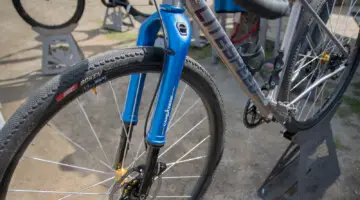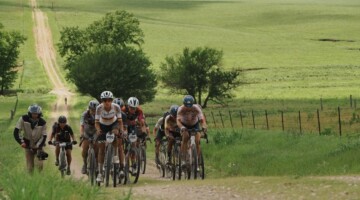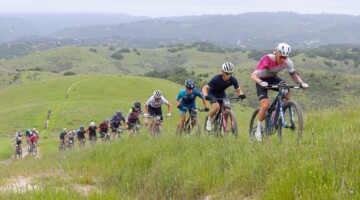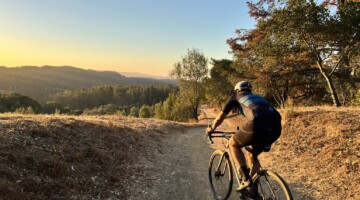What a year for the event that calls itself “The World’s Premier Gravel Race.” The event known as “Dirty Kanza” or “DK200” has had a year to forget, but hopefully one that many can learn from.
The endurance event has endured a bumpy road in 2020, grabbing attention for everything but the racing. In April, the event was forced to reschedule to September 12, 2020, due to COVID-19, a date that looks uncertain given the growing cases throughout much of the country. Lyon County, home to Emporia, currently has the fifth-highest coronavirus case rate in the whole state.
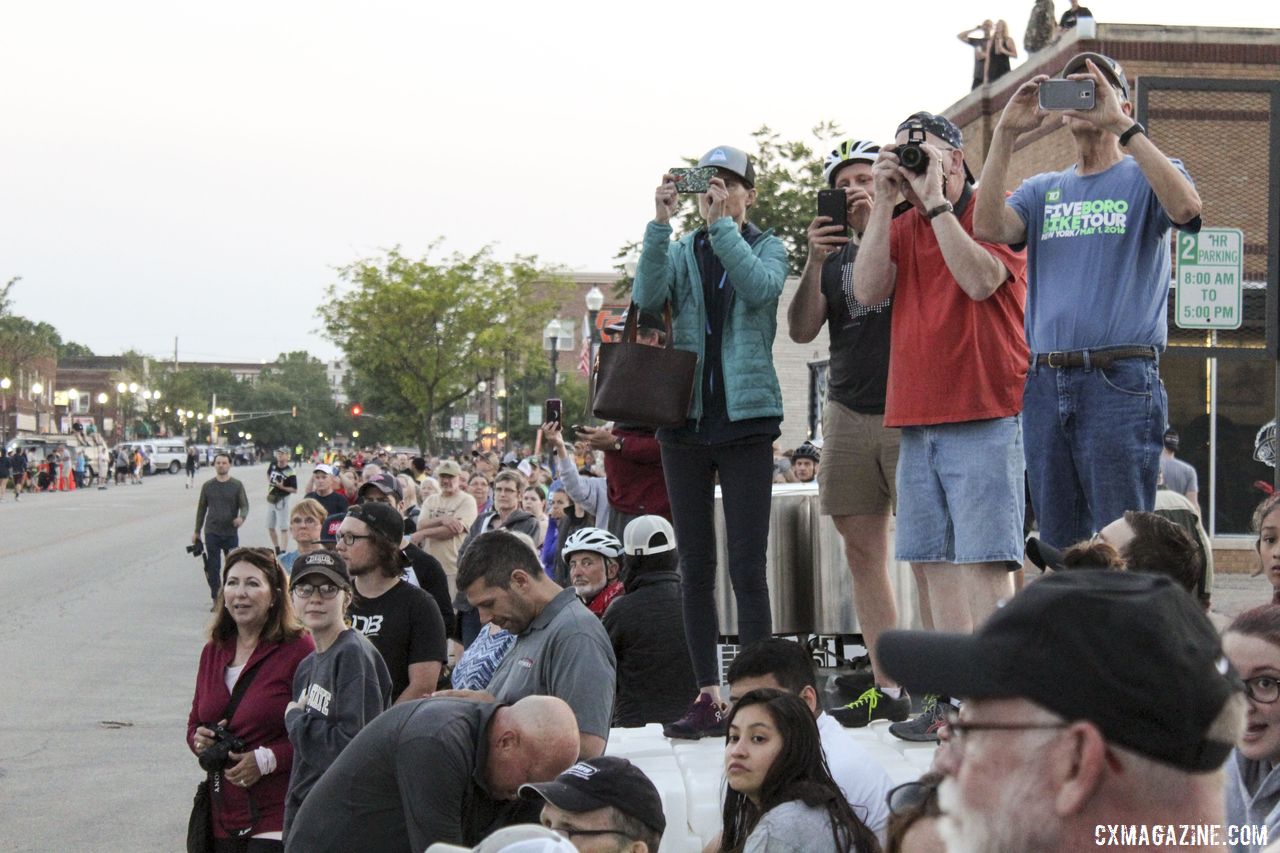
Can Lyon County handle such crowds in September? photo: It might have been 6 a.m., but Emporia came out to line Commercial Street at the start of the Dirty Kanza. 2019 Dirty Kanza 200 Gravel Race. © Z. Schuster / Cyclocross Magazine
Even if the event does happen, it’ll certainly have a different look, missing its founder at the helm, and perhaps held under a different name.
Cutting Ties with Cummins
In 2018, founder Jim Cummins sold his gravel event to Minnesota-based Life Time events. At the time, Cummins said the DK team “have ultimately decided it is time to align ourselves with a partner who will ensure all that is great about Dirty Kanza continues for decades to come.”
Now just 21 months later, that alignment is off after less than two years, as Cummins was fired by Life Time after he called the death of Rayshard Brooks from Atlanta, Georgia as “justified.” In the same post, Cummins reposted an old police shooting video posted by Liz Matory, CEO of Liberty Lives Media. His comments and the video sparked a great deal of objection. CyclingTips posted a screenshot of the taken-down Facebook post from Cummins that was responsible for his firing.
Cummins posted:
Watch this ENTIRE video. Then if you still believe the Cop who shot Rayshard Brooks, after he stole the officer’s taser and then used it against him, was not justified in shooting Mr. Brooks…then unfriend me now.
https://www.instagram.com/p/CBrmaTaFg90/
The comment and subsequent firing of Cummins didn’t end the controversy but only added to it. The comments helped resurface an issue that many thought was already buried under Kansas dust.
Change the Name, Part II
Organizers faced a new wave of pressure to rename the event following the comments and dismissal of the event’s founder.
The urge to force a change in the event’s name began months ago after people condemned “Dirty Kanza” for being a racial slur against the Kaw Nation, a Native American tribe. Many people believe the name promotes racism and hatred because it means “dirty Indian,” a term similar to what colonizers used in the past. A petition by Christina Torres to change the name, as first covered by Cyclocross Magazine, caught attention online and received more than 1,300 supporters.
Cummins responded to this criticism in an open letter with Lynn Williams, Chairwoman of the Kaw Nation Tribal Council, explaining that their intentions behind the name were only to convey the location of the event and what it was. The letter emphasized that “individuals and media outlets have been ill-informed at best, and outright untruthful at worst.”
The problem with that letter and defense is that they focused on the intent behind the name, not the hurt it caused. Torres emphasized in her campaign that respecting the feelings of indigenous people was her goal:
“We just ask that they are aware of the harm that’s associated with the event name and change it.” -Christina Torres
“Media” wasn’t focusing on Cummins’ intent, but the reasons why members of the community wanted a name change.
The petition brought light to a topic many didn’t realize was causing hurt, and despite innocent intentions, seemed easy to fix.
I had no idea. Changing the name should be an easy decision. https://t.co/K9YR48nOLD
— Katie Compton (@KatieFnCompton) April 18, 2020
Alexandera Houchin, another indigenous woman and former DK participant, reiterated Torres’ point in her own piece about the topic.
With the absence of the event’s founder, Life Time and the Kaw Nation can move forward in their own direction, and a change to the event’s name is possibly one among that path.
Pressure to change the name has increased after Cummins’ comments and follow-up reporting by Bicycling that showed Cummins and Life Time received a chain of emails from at least 45 members of the Kaw Nation who found the Dirty Kanza name offensive back in 2018, despite downplaying any awareness in 2020.
There’s also a new petition on change.org to change the name, and it’s already nearing 5,000 signatures.
This time, Life Time appears open to the idea, even suggesting in a social media post that it was considering it earlier despite the previous statement defending the name and stating that it would remain.
“In addition, we have been working throughout this year on options for a name change. ” -Life Time
https://www.instagram.com/p/CBt7O-4lbmq/
As you might imagine, if you dare read the comments, reactions have been diverse and reflective of the current Internet climate.
Setting a Standard
For many, gravel events gained popularity because they were welcoming and free from elitism and embedded etiquette. That growth has included minorities, even if they remain a disproportionately small percentage of participants.
Life Time, by calling its event “The World’s Premier Gravel Race,” has an opportunity to establish gravel and cycling’s attitude towards indigenous people and people of color by listening to feedback and adapting. Many hope this includes a more worldly-perspective other than an emphasis on intent and history.
The company has launched a “Diversity and Inclusion Council” after the recent controversy. We’re anxious to see who is on it, and what actions result.
Stay tuned as we follow this topic.
Allan Feldman and Andrew Yee contributed to this report.
Featured photo: DK200 2018, Z. Schuster









